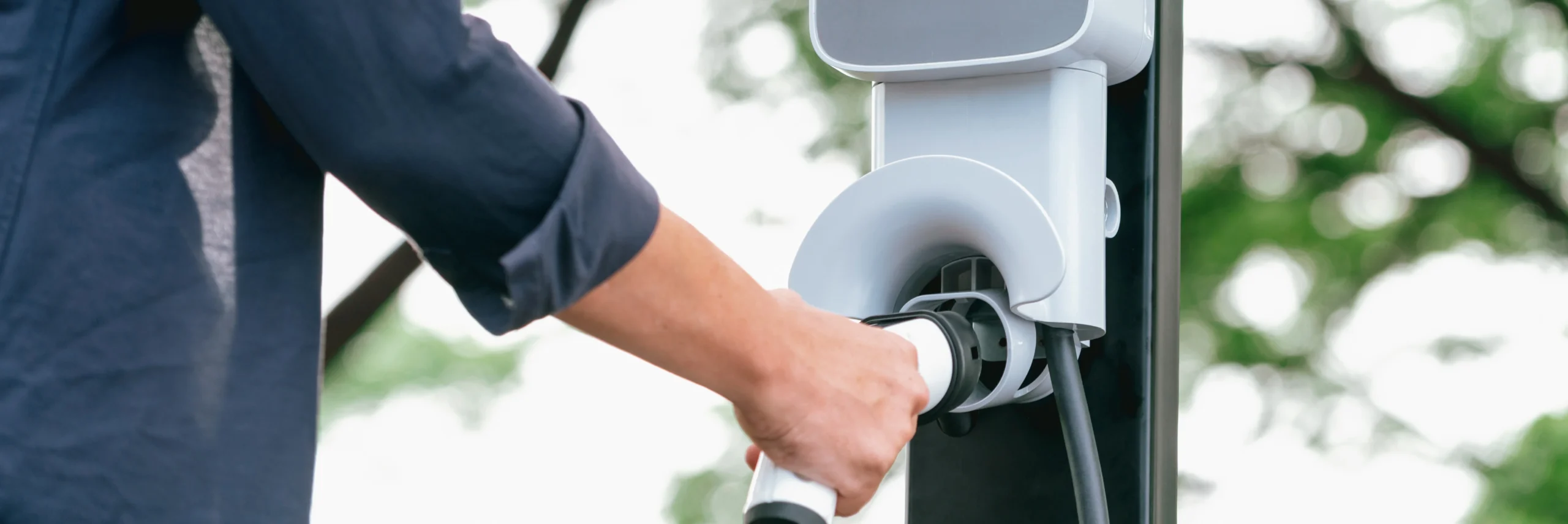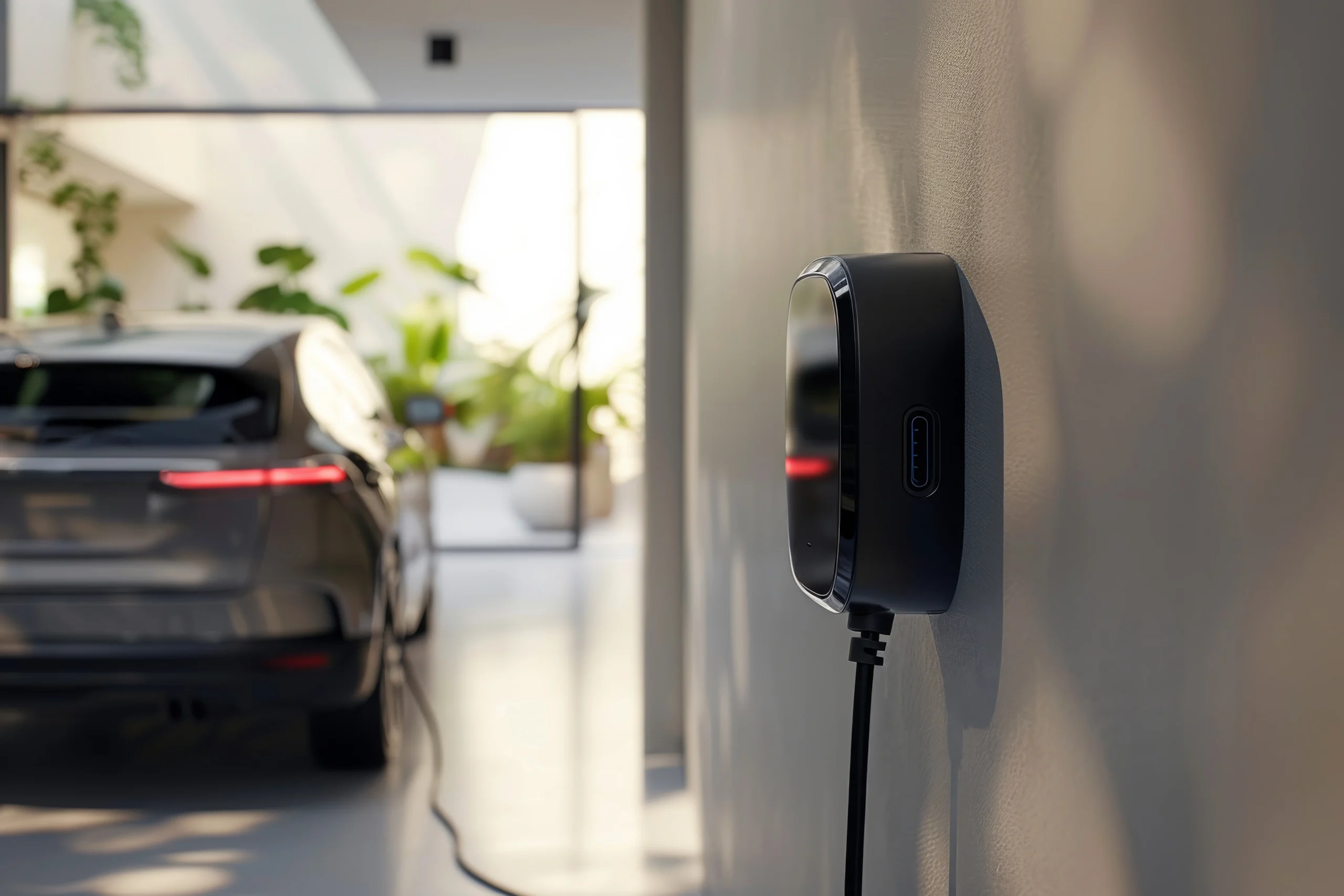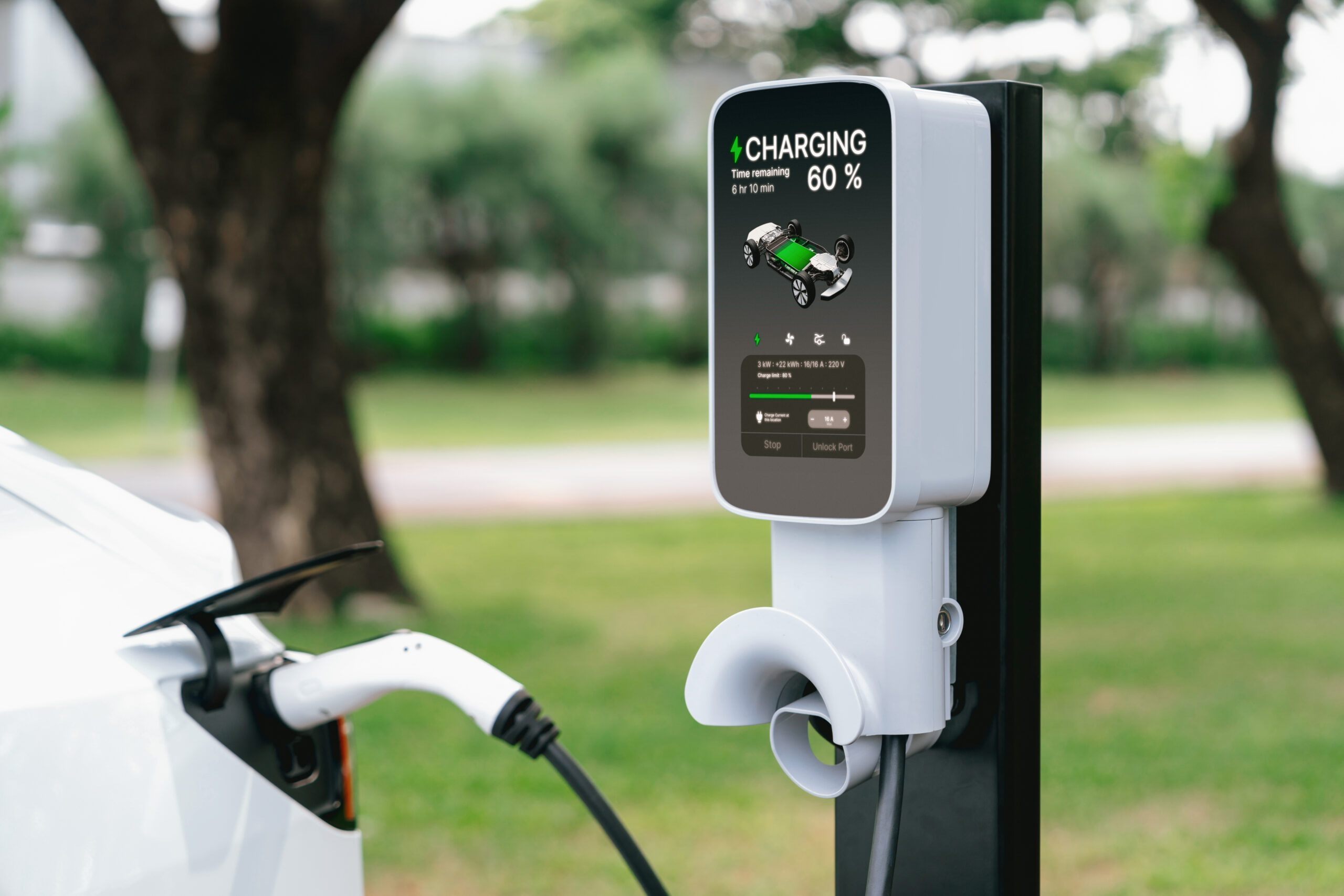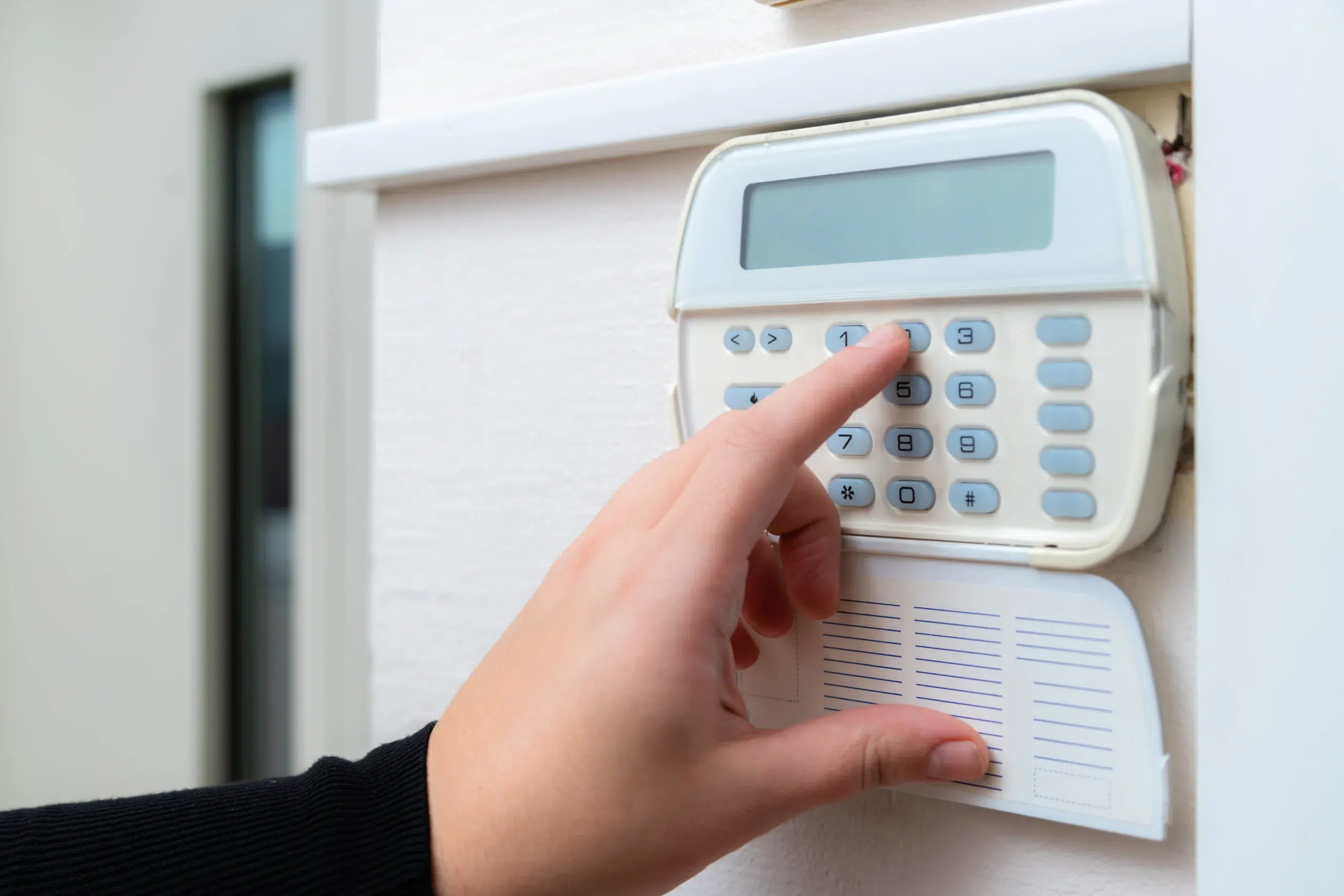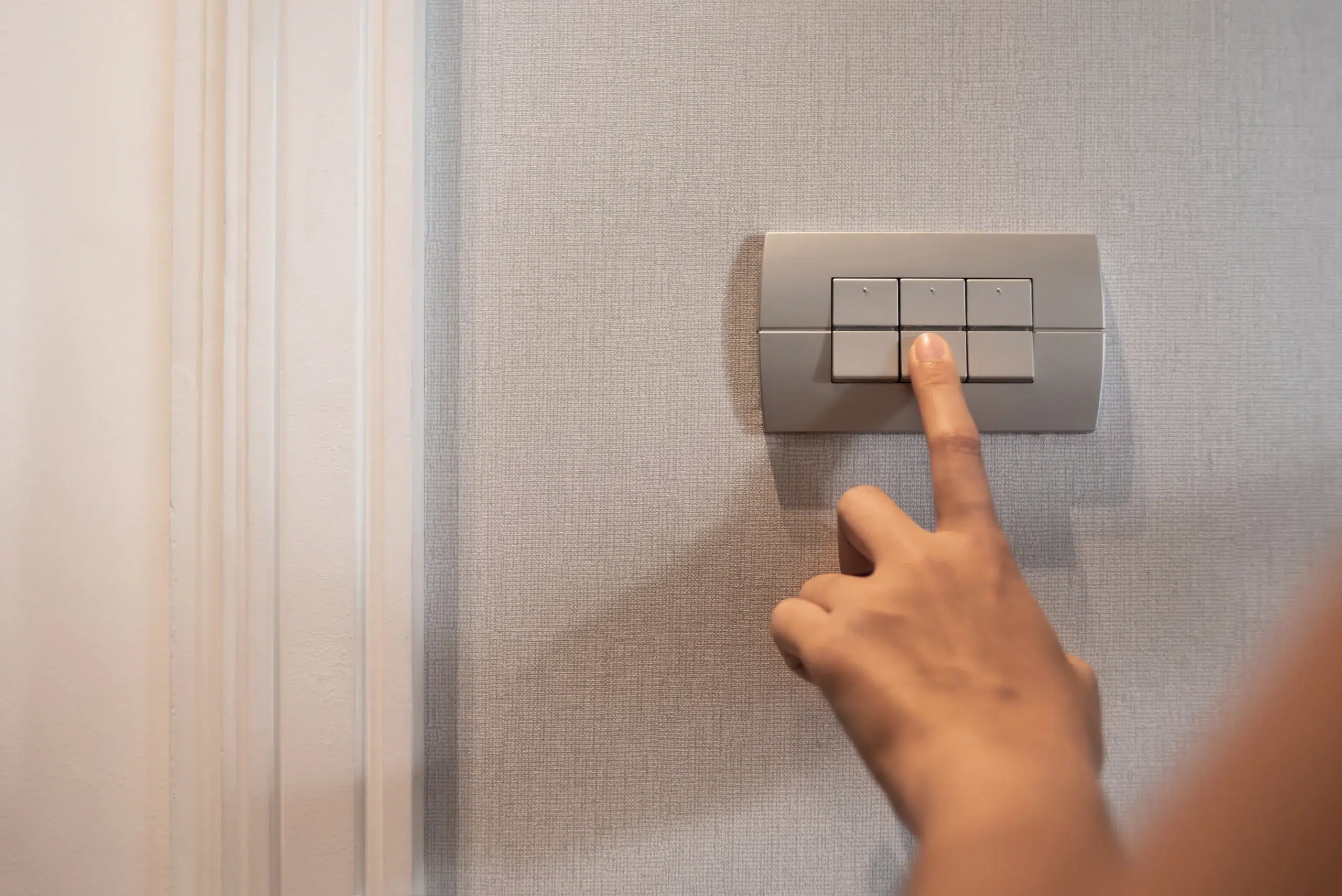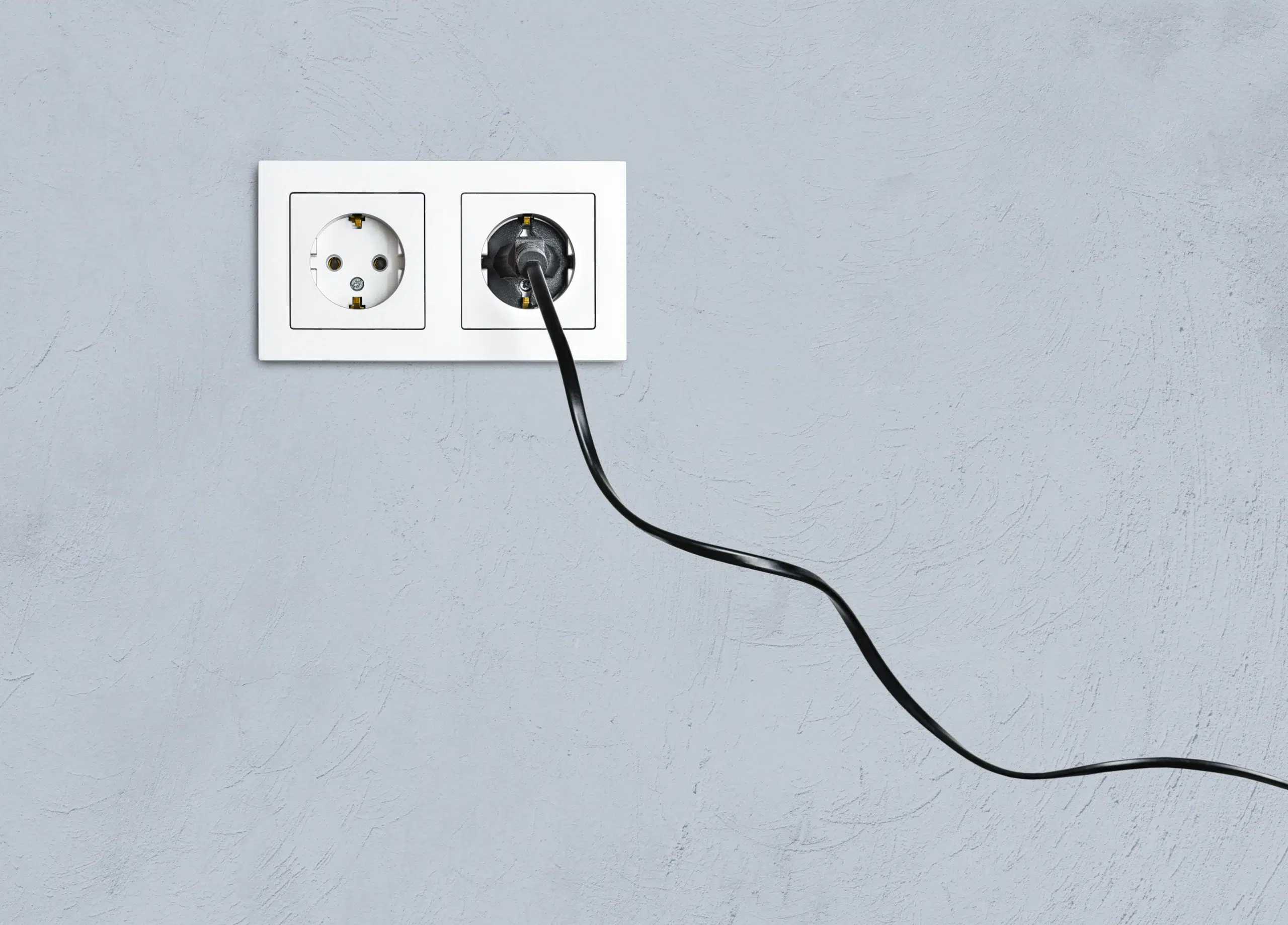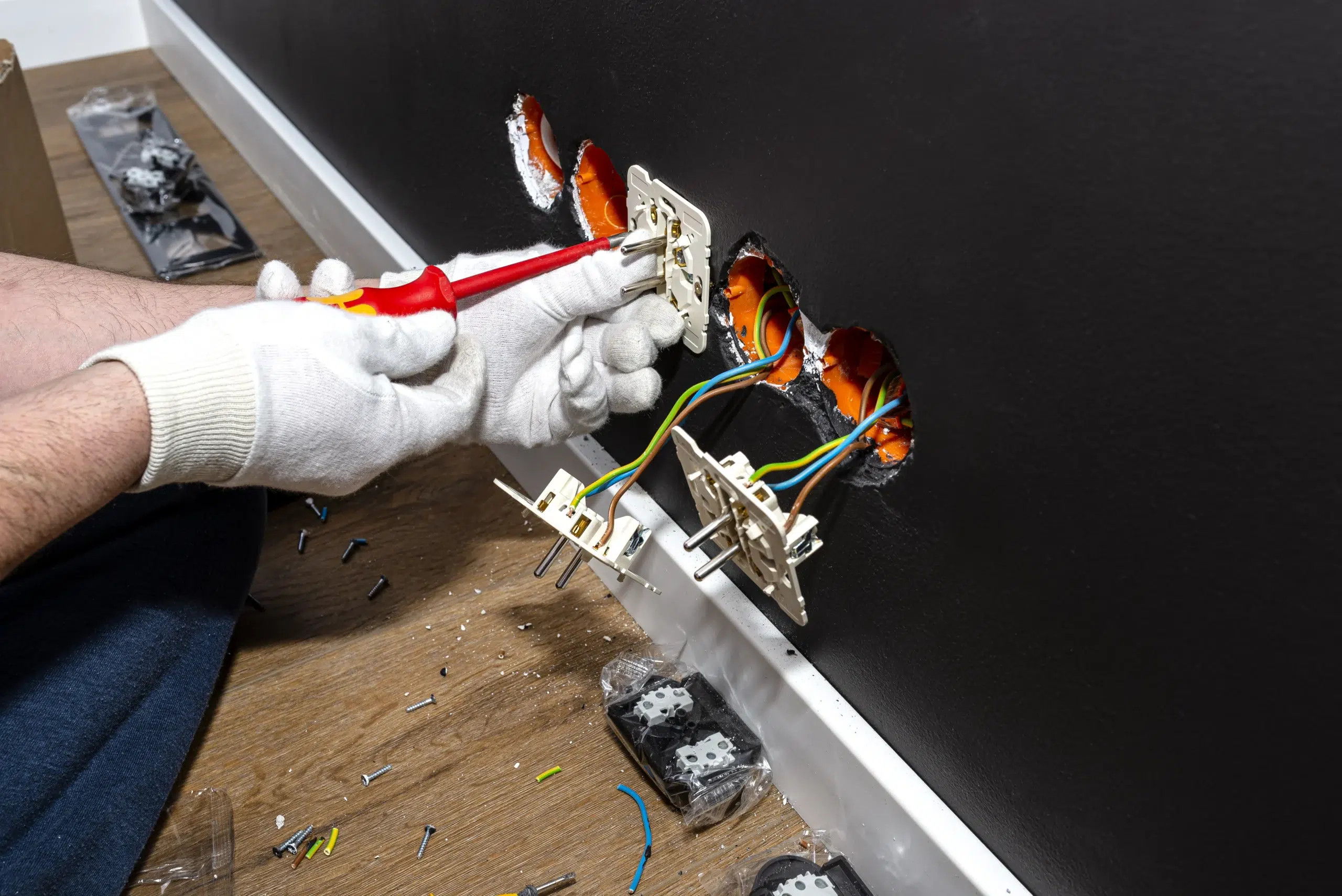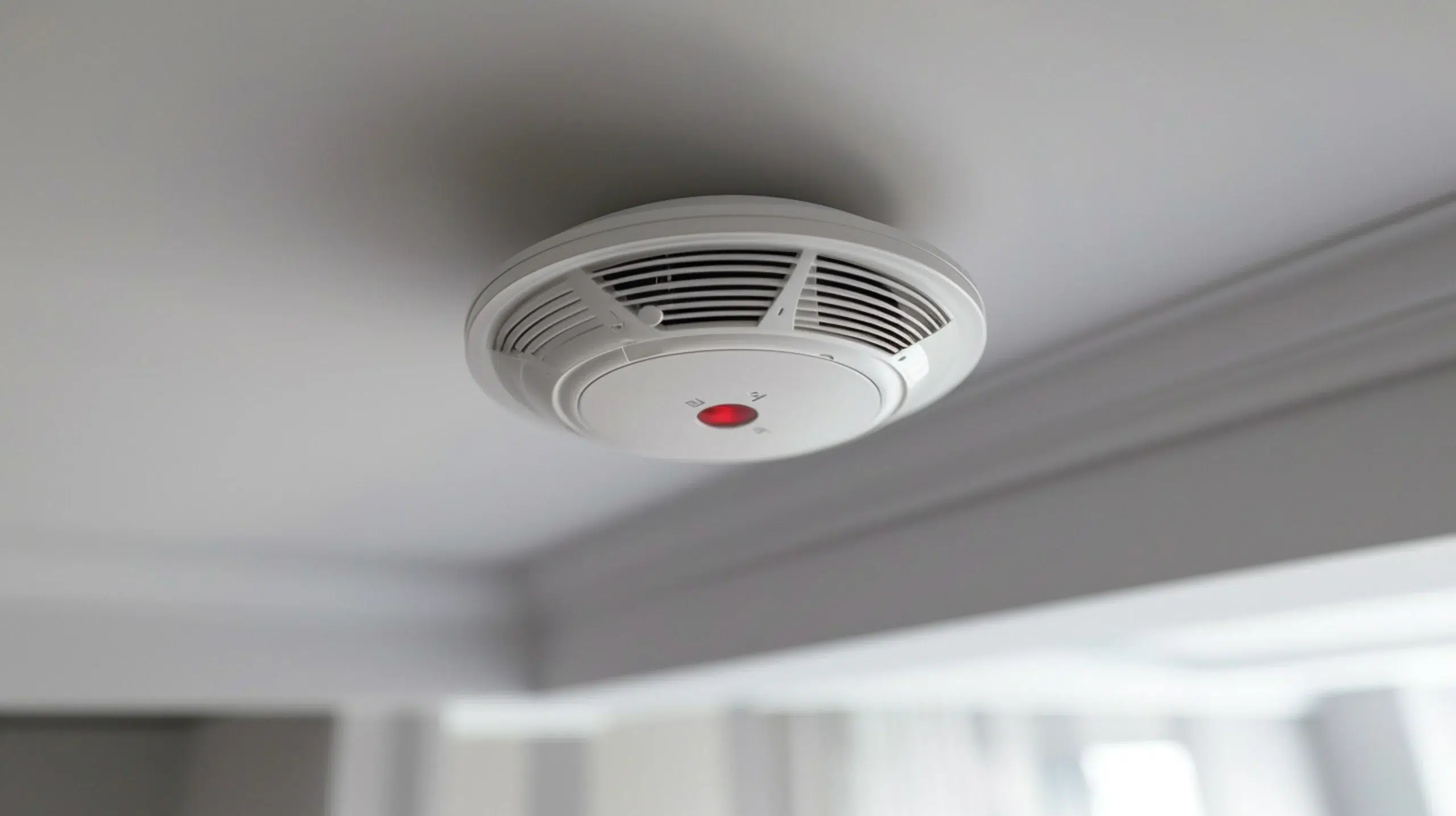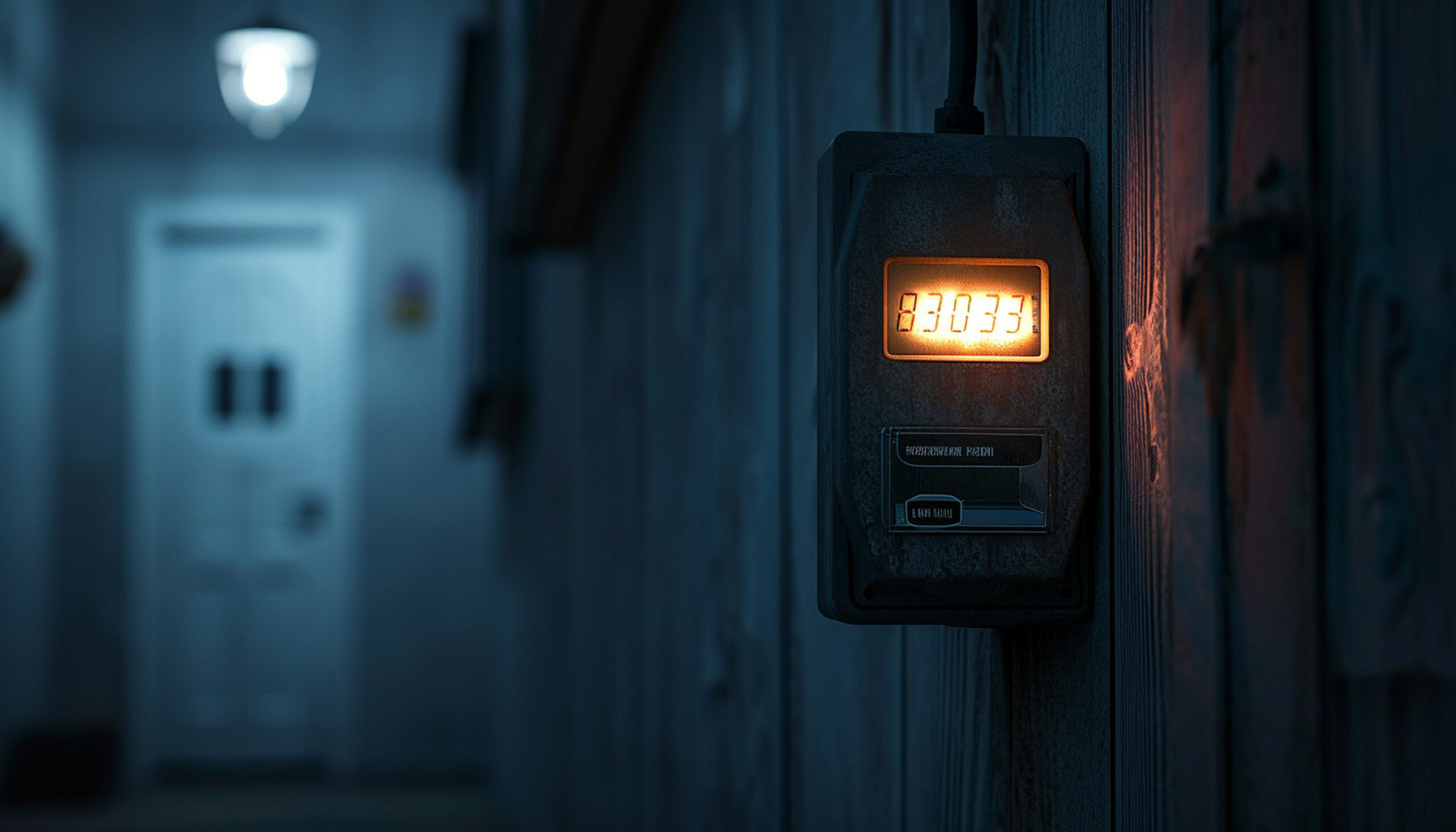One common problem that might disturb your comfort and harm your house is a leaking air conditioning unit. Usually, this issue arises from incorrect installation, drainage problems, or component failure. When the system fails to adequately drain condensation, water leaks inside your house, either from pooling or dripping.
Ignoring this problem could damage your property and the AC unit even more. Knowing the reasons for a leaky air conditioner, such as AC leaking water, enables you to act fast and prevent expensive repairs. This is a compilation of the most common causes of air conditioning leaks, along with recommendations for effective repair.
Common Reasons Your AC Is Leaking Water
Clogged or Dirty Drain Line
Your air conditioner loses moisture through the drain line. Dirt, dust, and algae can block this line over time, forcing water to back up and leak into your house. The main reason AC water leaks occur is improper drainage, which can be caused by a clogged condensate drain line. Maintaining system performance and avoiding water damage resulting from overflow depend on regular cleaning or flushing of the drain line.
Damaged or Rusted Drain Pan
The drain pan collects moisture from your air conditioner before it drains. If this pan rusts or becomes damaged, holes or cracks may appear, causing water to leak. Older air conditioners are more prone to this problem compared to modern units. Preventing leaks and preserving proper drainage depends on replacing a broken drain pan. Routine inspections can help detect early corrosion or damage before leaks begin.
Frozen Evaporator Coils
Low refrigerant levels or restricted airflow can cause the evaporator coils to freeze. Excess water may flood the drain pan and leak into your home as the ice melts. This can result from mechanical faults, blocked vents, or dirty filters. Quickly identifying and thawing frozen coils helps restore the efficiency of your AC and prevents water damage, allowing warm air to circulate properly again. A professional inspection can help identify the underlying cause of the freezing.
Improper Installation or Sizing
An air conditioner that is incorrectly sized or poorly installed for your space can lead to drainage issues. If the unit is not level, leaks may occur due to improper water movement into the drain pan or line. Similarly, an AC unit that is too large or too small for the area can cause excessive condensation. Ensuring accurate sizing and correct installation is essential for maintaining optimal cooling performance and preventing water leakage.
Blocked Air Filter
A clogged air filter reduces airflow over the evaporator coils, causing them to freeze and later leak water when the ice melts. It also forces the AC to work harder, increasing wear and tear. Regular replacement or cleaning of air filters improves airflow, helps prevent coil freezing, and stops dripping water. This simple maintenance task is one of the best strategies for keeping your system running efficiently.
Low Refrigerant Levels
Low refrigerant levels can cause the evaporator coils to become overly cold and freeze. When the ice melts, excess water can leak from the unit. Refrigerant leaks often signal a more serious issue, such as damaged coils or connections, and require professional attention. A licensed air conditioning technician can check refrigerant levels and recharge the system, ensuring efficient, leak-free performance and avoiding health hazards.

How to Fix an Air Conditioner Leaking Water
Unclog the Drain Line
First, turn off your air conditioner and locate the drain line access point to clear any blockage. Use a wet/dry vacuum to remove debris, and flush the line with a vinegar–water solution. This helps clear algae build-up and is a key step in fixing an air conditioner leaking water inside. Maintaining the drain pipe can help prevent recurring leaks. If you’re unsure whether the clog remains, consult a professional for a thorough inspection and clean.
Replace the Drain Pan
If the drain pan is damaged, replace it with a new one compatible with your AC model. Turn off the power, then carefully remove the old pan. Install the new one, ensuring it is secure and level. Regular inspections can detect early corrosion and prevent leaks. If replacement requires complex disassembly or potential refrigerant exposure, seek professional assistance or air conditioning repair services.
Thaw Frozen Coils
Turn off your air conditioner and allow the frozen coils to thaw naturally, which may take several hours. Using a fan aimed at the coils can speed up the process; avoid using heat sources. After thawing, inspect and replace air filters, clean vents, and ensure proper airflow to prevent water leaks. A technician should inspect persistent freezing issues to identify any mechanical or refrigerant-related causes.
Clean or Replace the Air Filter
Locate and remove your AC’s air filter; depending on the model, either clean or replace it. Washable filters can be cleaned with water and left to dry before reinstalling. Use the correct size and rating when replacing disposable filters. Regular maintenance improves airflow, prevents coil freezing and water leaks, reduces system load, and enhances indoor air quality. During high-use seasons, aim to check filters monthly.
Check AC Level and Installation
Use a level tool to determine if your AC unit is installed evenly. An uneven unit can lead to water leaks and pooling. Adjust the base or mounting brackets as needed to ensure proper drainage. Confirm that the installation meets the manufacturer’s guidelines, including correct dimensions and alignment. If leaks persist after adjustment, contact a professional installer to assess and correct any installation faults.
Tips to Prevent Your AC from Leaking Water
Regular Filter Replacement
Replacing air filters regularly ensures proper airflow, which helps prevent water leaks and coil freezing. Change filters every one to three months, depending on usage and environmental conditions. Clean filters extend the life of your AC and improve indoor air quality. Creating a maintenance schedule for filter replacement is a simple yet effective way to prevent water damage and maintain cooling efficiency.
Seasonal Professional Maintenance
Scheduling professional AC servicing before peak cooling seasons can help detect issues like frozen coils, clogged drain lines, and refrigerant leaks. Technicians perform thorough cleanings, inspections, and adjustments to prevent water leaks and enhance system performance. Routine professional air conditioning maintenance extends the life of your AC and reduces the risk of unexpected breakdowns.
Keeping Drainage Lines Clean
Regularly cleaning the drainage lines removes algae, mould, and debris that can clog the system. Every few months, flush the drain line with a vinegar solution or a specialised cleaning kit. Clear drainage lines ensure proper water flow and help prevent overflow. If leaks or standing water persist, consult a professional for a comprehensive inspection and cleaning.
Conclusion
Water leaking from your air conditioner is a sign that maintenance or repairs are needed to prevent further damage and restore performance. Most leaks result from frozen coils, damaged drain pans, clogged drain lines, or poor installation. Addressing these problems promptly with cleaning, repairs, or professional service helps your AC run efficiently and keeps your home dry. Seasonal maintenance and regular filter replacement are essential preventative measures. If your AC is leaking, act quickly or contact a qualified technician to identify and resolve the issue. Good maintenance protects your home, prevents issues like air conditioning water leaks, and extends the lifespan of your system.
FAQ's
Why is my air conditioner leaking water inside the house?
Water leaks usually result from clogged drain lines, damaged drain pans, frozen evaporator coils, or inadequate installation. These issues block proper condensation drainage, leading to pooling or dripping water indoors.
Can I still run my AC if it’s leaking water?
It’s best to turn off your AC if it’s leaking water to avoid further damage. Running a leaking unit can cause water damage and reduce efficiency. Contact a technician for repairs.
What causes the evaporator coil to freeze and leak water?
Restricted airflow, dirty filters, low refrigerant levels, and mechanical problems all contribute to frozen coils. Melting ice can overwhelm the drain pan and cause water leaks.
How often should I replace or clean my air filter?
Depending on usage and climate, air filters should be inspected regularly and cleaned or replaced every one to three months.
Does low refrigerant cause my AC to leak water?
Yes, low refrigerant can freeze the evaporator coils. When the ice melts, excess water may leak. A qualified technician should check and refill refrigerant safely.
93 Exley Road Wedderburn NSW 2560 Campbelltown & South West Sydney
Why Installing Your Own EV Charger Could Void Your Car’s Warranty and Insurance
Why Installing Your Own EV Charger Could Void Your Car’s Warranty and Insurance Category: The...
Read MoreThe Hidden Damage Rodent Cause to Electrical Wiring and Insulation
What Does a Pre-Installation EV Charger Inspection Entail? Category: Installing an EV charger at your...
Read MoreThinking of Installing an EV Charger in Your Apartment or Shared Parking Area? Here’s What You Need to Know
Thinking of installing an EV charger in your apartment or shared parking area? Here’s what...
Read MoreIs It Safe to Install an EV Charger Outdoors in Sydney’s Weather Conditions?
How to Choose the Right Gate Intercom for Your Property Category: The increased availability of...
Read MoreHow to Choose the Right Gate Intercom for Your Property
How to Choose the Right Gate Intercom for Your Property Category: Selecting the appropriate gate...
Read MoreThe Light Switch Feels Warm or Smells Burnt — What Should I Do?
The Light Switch Feels Warm or Smells Burnt — What Should I Do? Category: Light...
Read MoreWhy Do I Get a Small Electric Shock from My Appliances?
Why Do I Get a Small Electric Shock from My Appliances? Category: Small electric shocks...
Read MoreElectrical Surges Damaging Your Appliances? Here’s What You Can Do
Electrical Surges Damaging Your Appliances? Here’s What You Can Do Category: An electrical surge refers...
Read MoreWhat are the types of smoke Alarms and How Does It Work?
What are the types of smoke Alarms and How Does It Work? Category: A smoke...
Read MorePower Outage in Just One Room? Here’s What Could Be Causing It
Power Outage in Just One Room? Here’s What Could Be Causing It Category: Experiencing a...
Read More
